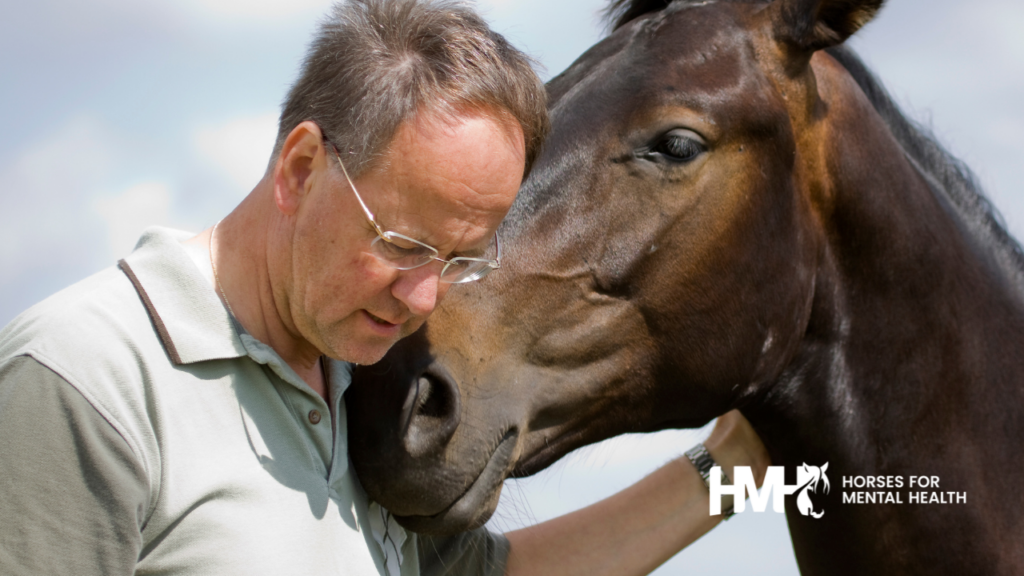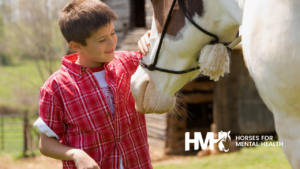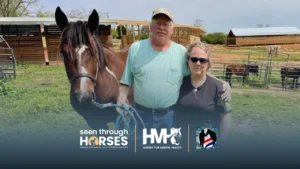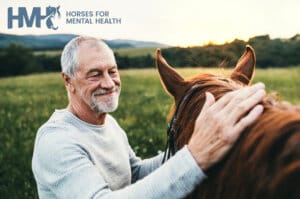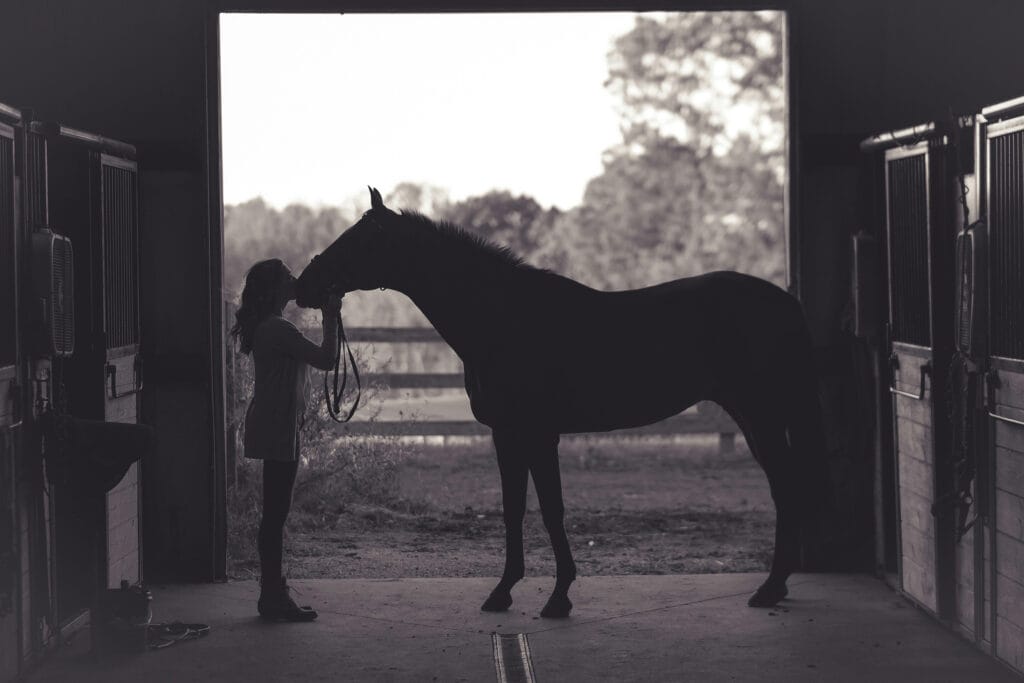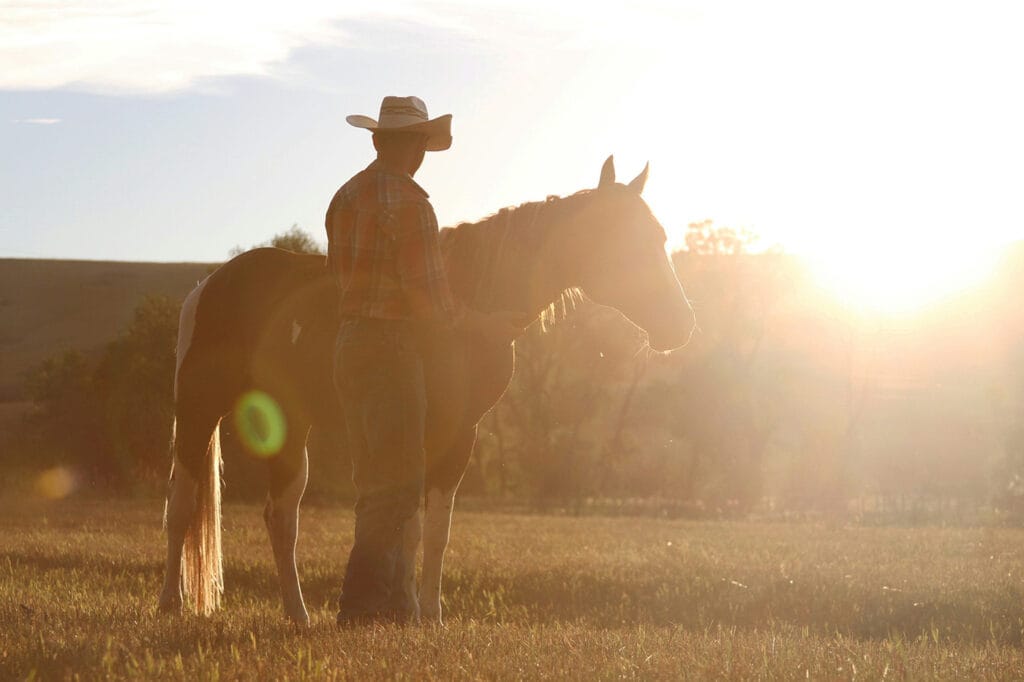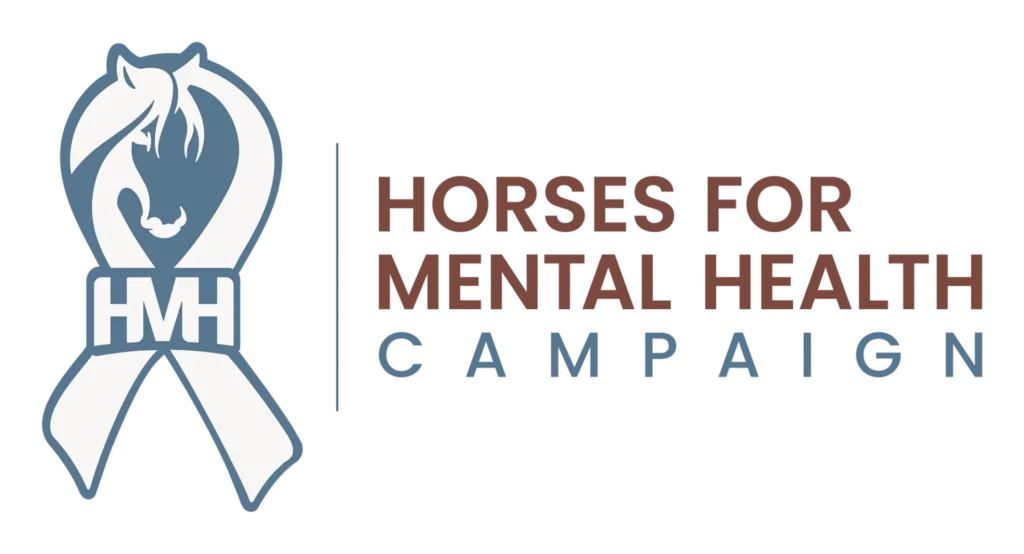Suicide is a public health crisis that affects every corner of our society, but certain communities are disproportionately at risk. From rural areas to LGBTQ+ individuals, people of color, and men, these groups face unique challenges that can increase their vulnerability to suicidal thoughts and behaviors. During Suicide Prevention Month, it’s crucial to spotlight these at-risk communities, raise awareness, and offer tangible solutions that can save lives.
Rural Communities
Rural communities often grapple with isolation, limited access to mental health services, and a strong stigma around discussing mental health. These factors create a perfect storm for a higher risk of suicide. In fact, the suicide rate in rural areas is nearly twice that of urban areas (Centers for Disease Control and Prevention, 2017).
Our Premier Partner, Rural Minds, was founded in response to this growing crisis. The organization was born out of personal tragedy when Jeff, the founder, lost his 28-year-old nephew to suicide. This heartbreaking loss became the catalyst for creating a mission-driven organization focused on preventing suicide and addressing mental health challenges in rural America. Rural Minds serves to be the voice for mental health in rural America, and to provide mental health information and resources.
LGBTQ+ Communities
LGBTQ+ individuals experience significant mental health disparities, largely due to factors like discrimination, family rejection, and social isolation. These challenges often result in higher rates of anxiety, depression, and other mental health issues. The impact is particularly severe among LGBTQ+ youth, many of whom struggle to find acceptance and support in their communities. According to The Trevor Project, 45% of LGBTQ+ youth seriously considered suicide in the past year, with transgender and nonbinary youth facing even greater risks (The Trevor Project, 2022).
These mental health struggles are compounded by a lack of access to affirming mental health care, which can further isolate individuals and make it harder for them to seek help. For LGBTQ+ youth, having supportive family members or affirming spaces can significantly reduce the risk of mental health issues, but many still face environments that invalidate or reject their identities. Addressing these disparities requires not only more accessible mental health services but also a focus on creating safe, inclusive spaces where LGBTQ+ individuals can feel understood and supported.
People of Color
People of color often face serious barriers to mental health care, such as discrimination, cultural stigma, and limited access to providers who understand their cultural backgrounds. These challenges result in underdiagnosed and untreated mental health issues, which can lead to worse outcomes, including rising suicide rates. For example, suicide attempts among Black adolescents have increased by 73% over the past 25 years (Journal of the American Academy of Child and Adolescent Psychiatry, 2019). This alarming statistic shows the urgent need for accessible, culturally aware mental health care.
These issues also affect Latino, Asian, and Indigenous communities. Many individuals hesitate to seek help due to stigma, and when they do, they often find that their providers aren’t fully equipped to meet their needs. To address these disparities, we need to improve cultural competence in mental health services and increase access to care in underserved areas.
Men
Men are often socialized to suppress their emotions and avoid seeking help, leading to higher suicide rates. As a result, men frequently suffer in silence, which can lead to severe mental health challenges such as depression, anxiety, and substance abuse.
Men die by suicide at nearly four times the rate of women, with middle-aged white men being at particularly high risk (American Foundation for Suicide Prevention, 2020). The stigma surrounding mental health, compounded by societal expectations of stoicism and self-reliance, further isolates men in their struggles. Many feel they must carry their burdens alone, as seeking support can be viewed as a failure to uphold traditional masculine norms.
Solutions
These vulnerable communities face unique challenges that contribute to their increased risk of suicide. By recognizing and responding to the specific needs of these groups, we can work toward reducing suicide rates and providing the support that is so critically needed.
- Breaking the Stigma: Encouraging open conversations about mental health through local community groups, churches, and schools can help reduce the stigma and make it easier for individuals to seek help.
- Affirming Spaces: Creating safe, affirming environments where all individuals can express themselves without fear of judgment is vital.
- Encouraging Help-Seeking: Educating communities on the importance of mental health and normalizing therapy and counseling can encourage more men to seek help.
- Psychotherapy Involving Horses: Psychotherapy incorporating horses offers a safe and confidential space for all individuals to explore their emotions without judgment. By working with a trained professional, individuals can learn healthy coping mechanisms, challenge stigmas, and develop the tools to better manage stress, anxiety, and other mental health needs. Check out our Charity Partners at horsesformentalhealth.org/campaign/#partners.
The Role of Horses in Suicide Prevention
Psychotherapy involving horses has shown to be a powerful tool in helping individuals struggling with mental health issues. The unique bond formed between humans and horses can provide a sense of connection, reduce anxiety, and help individuals process trauma in a non-verbal, supportive environment. By incorporating horses into mental health programs, we can offer a unique and life-changing opportunity for those at risk of suicide.
Hotlines and Resources
If you or someone you know is struggling with suicidal thoughts, help is available. Reach out to these confidential, 24/7 hotlines for immediate support:
- National Suicide Prevention Lifeline: Call 988
- Crisis Text Line: Text HOME to 741741
- The Trevor Project: 1-866-488-7386


